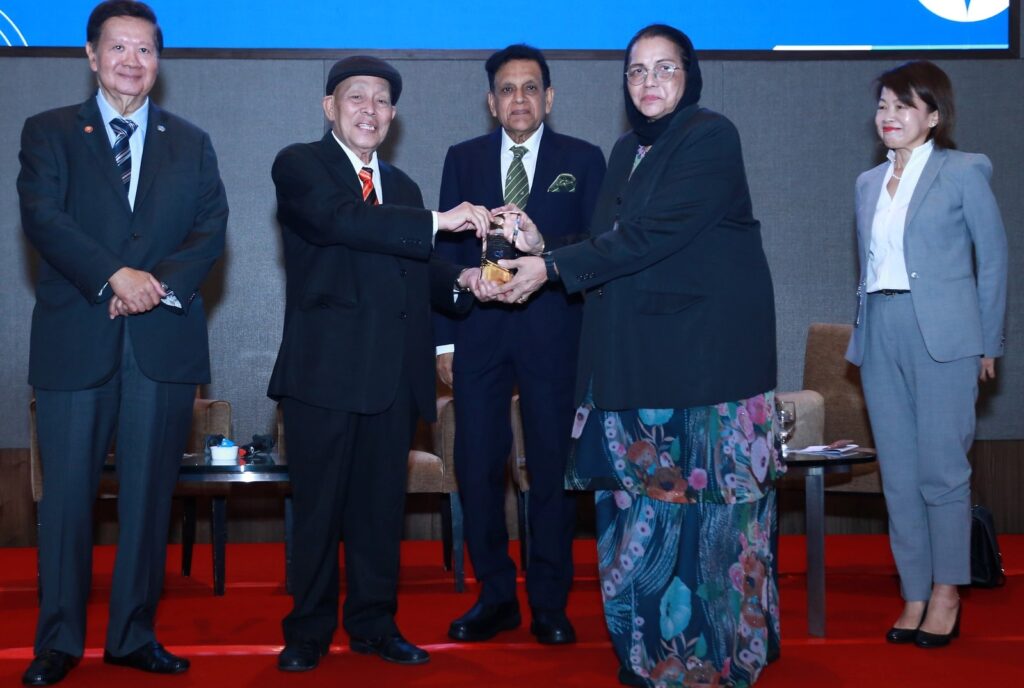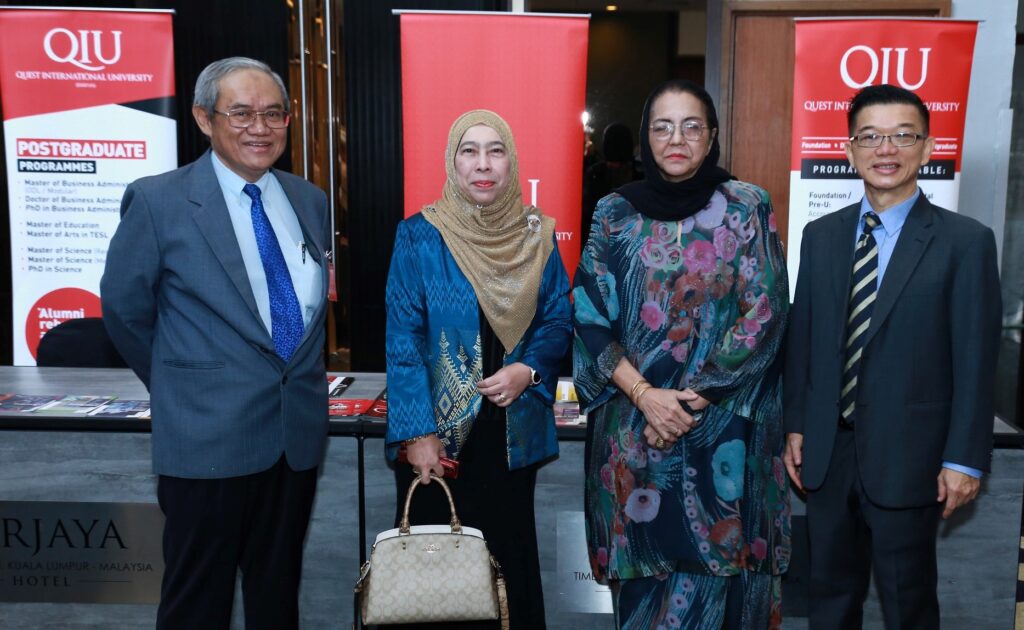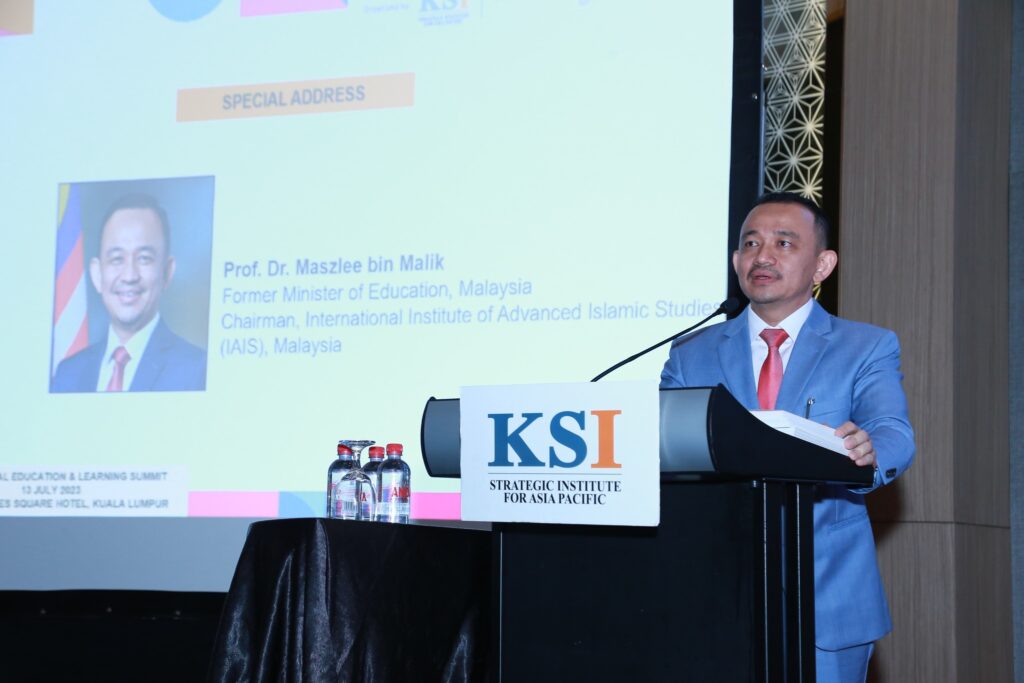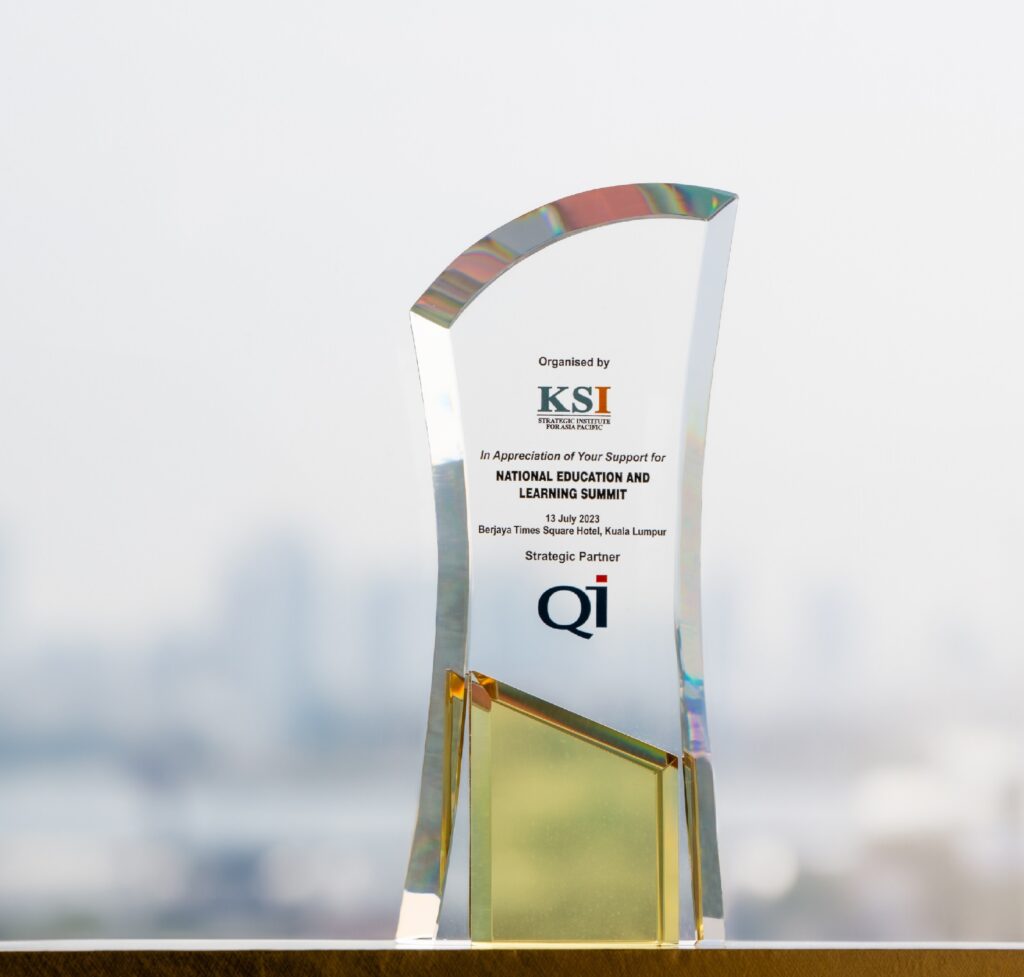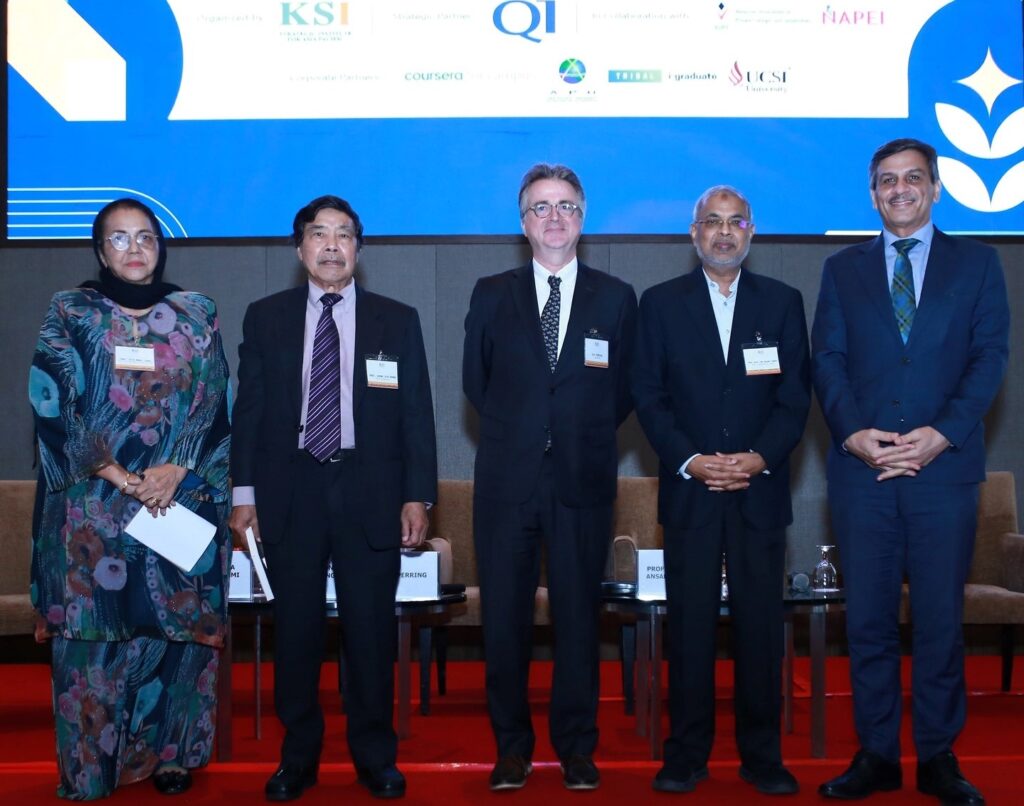
We are facing unprecedented social, economic and environmental challenges driven by accelerating globalisation and faster technological developments. At the same time, those forces are providing us with a myriad of new opportunities for human advancement. The future is uncertain, and we cannot predict it, but we need to be open and ready for it.
QI Group was the strategic partner at the recent National Education & Learning Summit (NELS) held in Malaysia, which carried the theme Future-Ready Education for a Future-Capable Society.
Our education arm Quest International University (QIU), was established as a forward-thinking institution. The vision for QIU is to be an innovative educational institution, producing graduates who are future game changers, disruptors, and compassionate leaders.
Prof. Zita Mohd. Fahmi, Vice-Chancellor & Chief Executive of QIU, shared her thoughts at the Summit on government policy impact on higher education institutions and how partnerships can enable institutions to become more autonomous and agile.
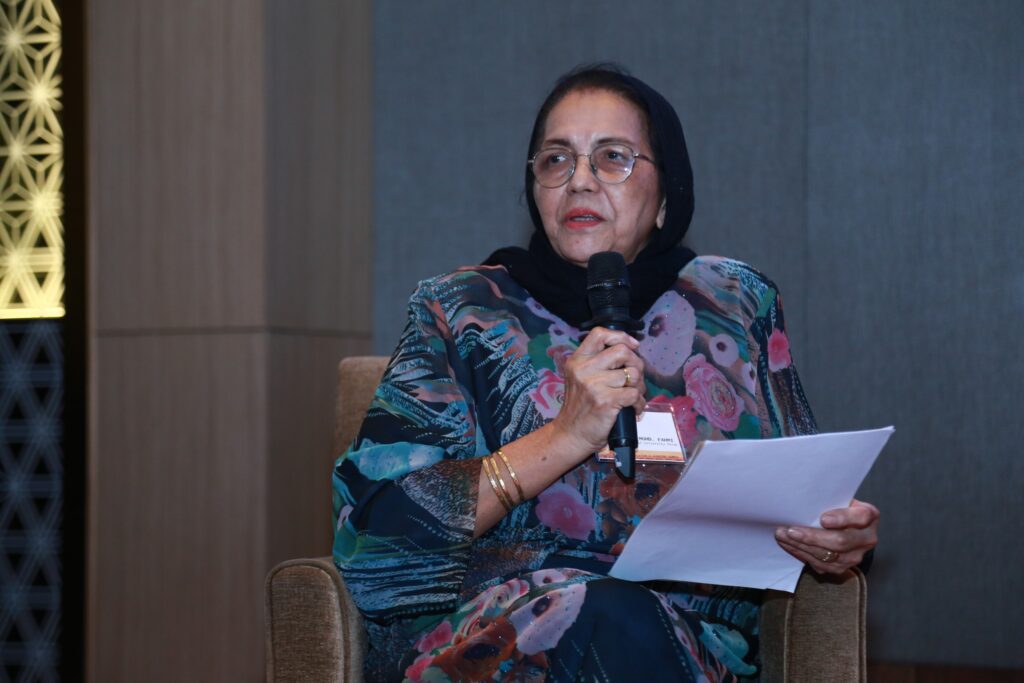
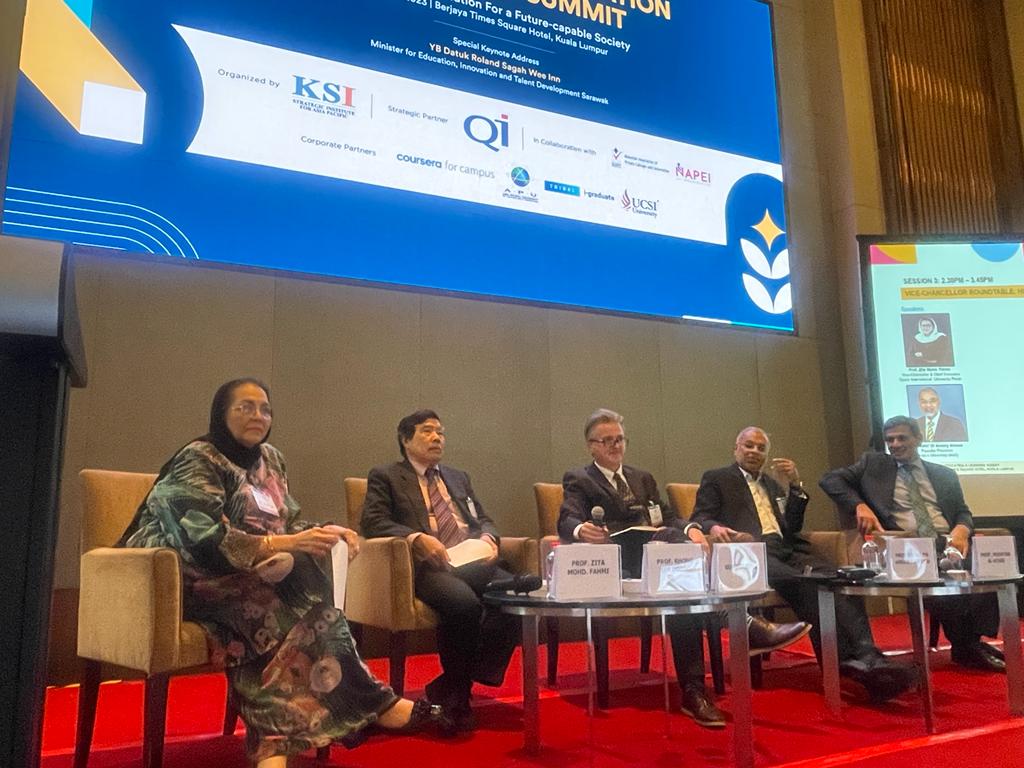
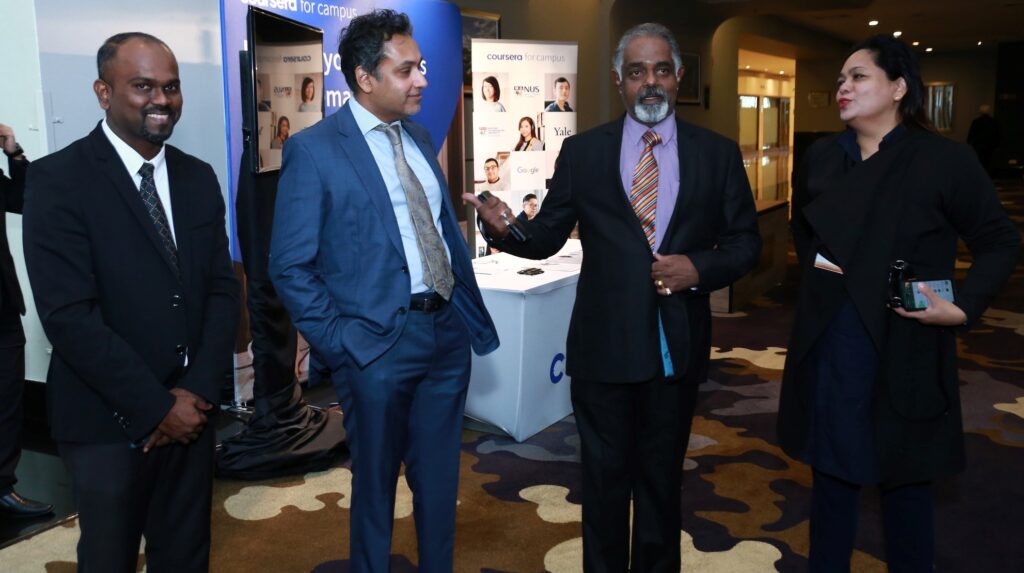
Children entering the education system in 2018 will be young adults in 2030. Schools need to prepare them for jobs that have yet to be created, for technologies that have yet to be invented, and to solve problems that have yet to be anticipated. It will be a shared responsibility to seize opportunities and find solutions. Future-ready education is critical to adapt to the new reality (OECD: The Future of Education & Skills 2030).
Incorporating cutting-edge technologies and innovative teaching methods are just the tip of the iceberg for future-ready education. Educational institutions must foster critical thinking, creativity, and adaptability to help prepare students for future challenges and opportunities. There must be a more comprehensive collaboration between educators, parents, and students to shape a holistic educational experience that addresses the demands of the modern world.
The Summit emphasised the need for greater authority for the state in education matters, the impact of artificial intelligence on education and the need for comprehensive transformation in teaching methods and knowledge acquisition.
Other discussions highlighted the importance of adapting to technological advancements, supporting students from diverse backgrounds, promoting innovation in education, enhancing higher education institutions and addressing challenges in early childhood education and Technical and Vocational Education and Training (TVET).
The KSI Strategic Institute for Asia Pacific organised the Summit in collaboration with the Malaysian Association of Private Colleges and Universities (MAPCU) and the National Association of Private Educational Institutions (NAPEI).
